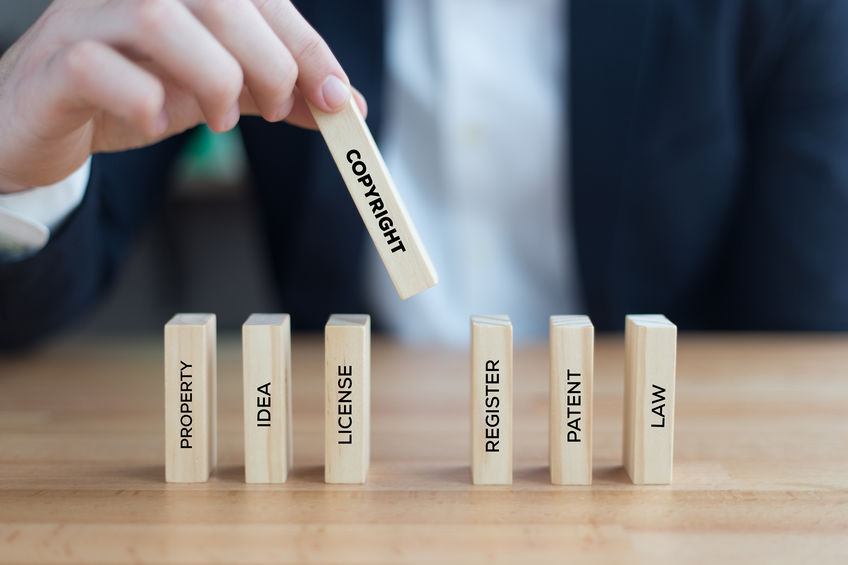Copyright cancellation is when the Copyright Office eliminates a copyright as the registration was invalid. There’s a number of reasons why the Copyright Office would find grounds for cancelling a registration. For example, the Copyright Office will cancel a completed registration in cases where no registration should have been made because the work does not constitute copyrightable subject matter or fails to satisfy the requirements for obtaining copyright.
Inaccurate information on a registration application will also deem a registration invalid. Under copyright law, a certificate with inaccurate information does not satisfy the registration requirement if the inaccurate information was knowingly included on the application, and had the Copyright Office known of the inaccuracy, it would have refused to register the copyright. This standard does not require a showing of fraud, but only that the claimant included inaccurate information on the application with knowledge that it was inaccurate.
Does Copyright Cancellation Apply to Derivative Works?
Another example is not properly designating a work as a derivative work. A derivative work is a work that is based on or derived from an already existing work. Under copyright law, only the owner of copyright in a work has the right to authorize someone else to create a new version of that work. When an earlier work is incorporated into a later work, the underlying work and those wanting to use it must seek permission to use the pre-existing work. Accordingly, one cannot claim copyright to another’s work, unless one has the owner’s consent. When a copyrighted work is used without the permission of the copyright owner, the unauthorized adaptation of a work will constitute copyright infringement, unless a valid defense, such as fair use, is found to apply.
Can I Be Sued for Copyright Infringement if the Copyright is Cancelled?
In the context of litigation, no action for infringement may be instituted until the registration of the copyright claim has been made in accordance with copyright law, meaning that the registration must be valid. When a copyright applicant submits incomplete or inadequate application, the applicant cannot establish “ownership” of material for purposes of copyright infringement claim.
As a result, a cause of action for copyright infringement will be dismissed for lack of subject matter jurisdiction where the subject matter is not protected by copyright registration and/or the registration has been refused. Additionally, summary judgment is proper when a Plaintiff’s copyright registration is invalid if the plaintiff knowingly includes inaccurate information in its copyright application that would have caused the Copyright Office to deny registration.
How is Copyright Cancellation Difference from Copyright Abandonment?
Copyright abandonment is when a copyright owner intentionally gives up copyright protection. Copyright cancellation is typically initiated by a third party challenging the validity of the copyright. Either way, cancellation and abandonment ultimately have the same effect as the work would no longer have copyright protection.








